Israel set to approve 2,430 new settler units, 4 outposts in occupied West Bank
Israel is set to advance plans for at least 2,430 new settler units and authorize four new outposts as neighborhoods of existing settlements in the occupied West Bank, The Jerusalem Post reports.
The so-called Higher Planning Council of the Civil Administration, the Israeli governing body that operates in the West Bank, will hold a meeting next Monday and Tuesday to approve the fresh settler projects, The Jerusalem Post said on Saturday.
The new settler units are located in Nili, Beit El, Asfar, Bracha, Ganei Modi'in and Talmon settlements, among others.
Earlier this week, the Israeli security cabinet approved the construction of 6,000 new homes for Israeli settlers in the West Bank's Area C, where the regime's army has full control over the management of resources, planning and construction, and strictly limits Palestinian construction or development to less than one percent of the area.
Hagit Ofran, of the Israeli anti-settlement NGO Peace Now, said that continued settlement activities rule out any possibility of the so-called two-state solution to the decades-long Israeli-Palestinian conflict.
The settlement plans, she said, show that Israel's policy "is to prevent any chance for peace and to advance the annexation of the West Bank."
About 600,000 Israelis live in over 230 illegal settlements built illegally since the 1967 occupation of the Palestinian lands.
Settlements are illegal under international law and are a stumbling block to the resolution of the Palestine issue.
Emboldened by US President Donald Trump's all-out support, the Tel Aviv regime has in recent months stepped up its settlement construction activities in the occupied territories in defiance of United Nations Security Council Resolution 2334.
The resolution, which was passed in December 2016, states that Israel’s establishment of “settlements in the Palestinian territory occupied since 1967, including East Jerusalem, has no legal validity and constitutes a flagrant violation under international law and a major obstacle to the achievement of the two-state solution and a just, lasting and comprehensive peace.”
US vetoing of Gaza ceasefire resolution ‘disgraceful’: Iran’s UN envoy
VIDEO | IAEA adopts anti-Iran resolution tabled by E3
VIDEO | Iran's president urges Pope to help end Israel's onslaught in Gaza
Iran's senior legal official: ICC arrest warrant for Netanyahu ‘great victory'
Nov. 21: ‘Axis of Resistance’ operations against Israeli occupation
VIDEO | Israeli forces storm West Bank’s Jenin again, target civilians
Iran activates advanced centrifuges after IAEA's 'unjust' resolution
VIDEO | Press TV's news headlines




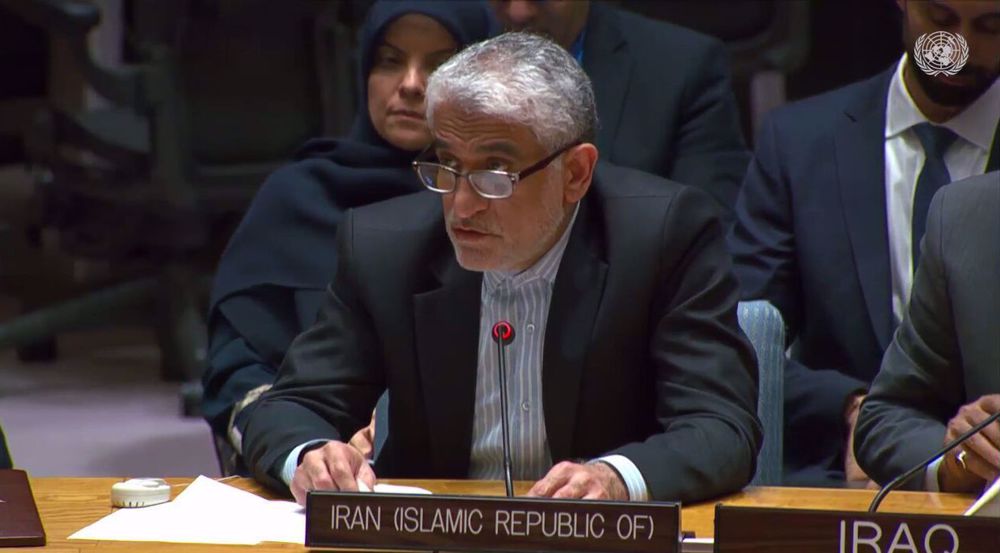
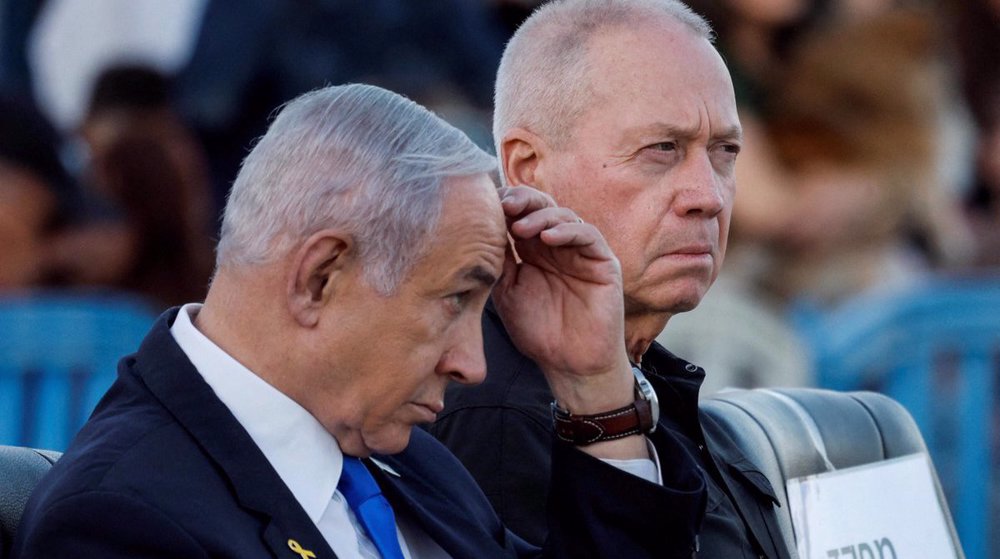
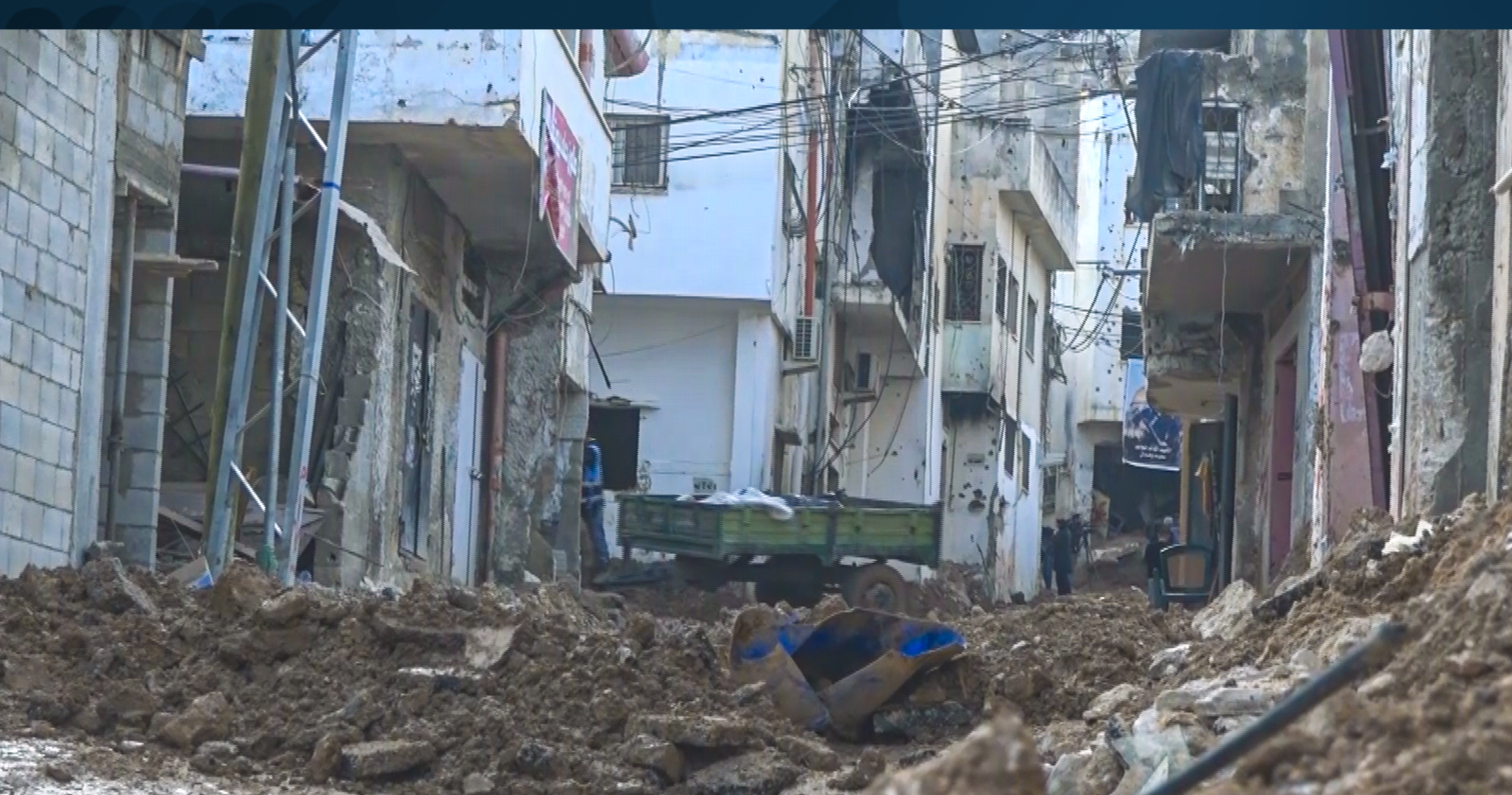



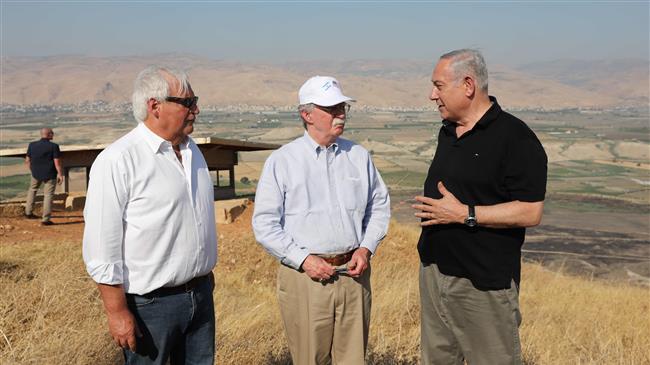
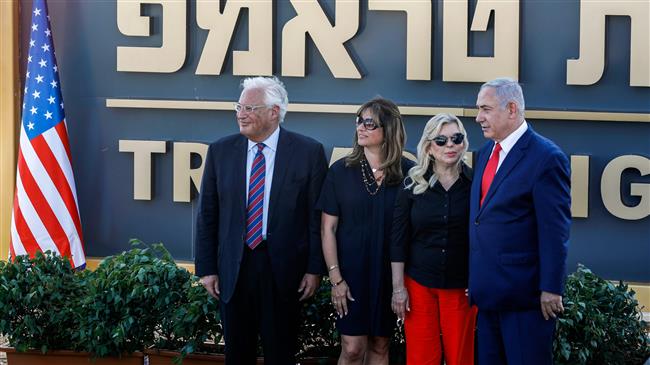




 This makes it easy to access the Press TV website
This makes it easy to access the Press TV website